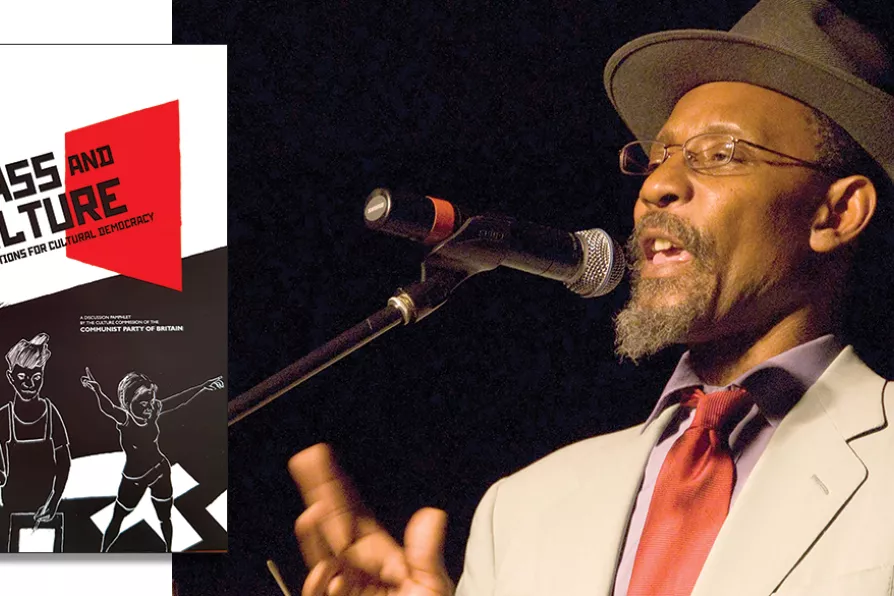JAN WOOLF ponders the works and contested reputation of the West German sculptor and provocateur, who believed that everybody is potentially an artist

 Linton Kwesi Johnson, Jamaica-born, British-based dub poet and activist, in concert in Brussels October 28 2017
[Peter Verwimp/CC]
Linton Kwesi Johnson, Jamaica-born, British-based dub poet and activist, in concert in Brussels October 28 2017
[Peter Verwimp/CC]
Class And Culture: Provocations For Cultural Democracy
Edited by Mike Quille
Communist Party of Britain, FREE
CLASS and Culture: Provocations For Cultural Democracy, is an accessible, galvanising exploration of culture, not merely as the medium through which ideology flows, but as a vital, joy-giving force in the lives of working-class people, and as a potential site of radical resistance.
Poetry Matters by Kevin Patrick McCann outlines not only the way in which working-class people are excluded from access to poetry, but also the methods by which working-class poets are assimilated, defanged and tokenised.
As McCann pithily puts it: “You can be a rebel and attack glaring injustices; just don’t attack the real causes of those injustices. For example, you can attack racism as long as you don't make the connection between racism and the class system.”

OLIVER SNELLING, a south London stonecarver and yeoman stonemason, relates how he is helping bring about a new festival next month

SALEEM BADAT and VASU REDDY introduce a new book about an outstanding interpreter of the world, and an activist scholar committed to changing society

NICK MATTHEWS previews a landmark book launch taking place in Leicester next weekend











